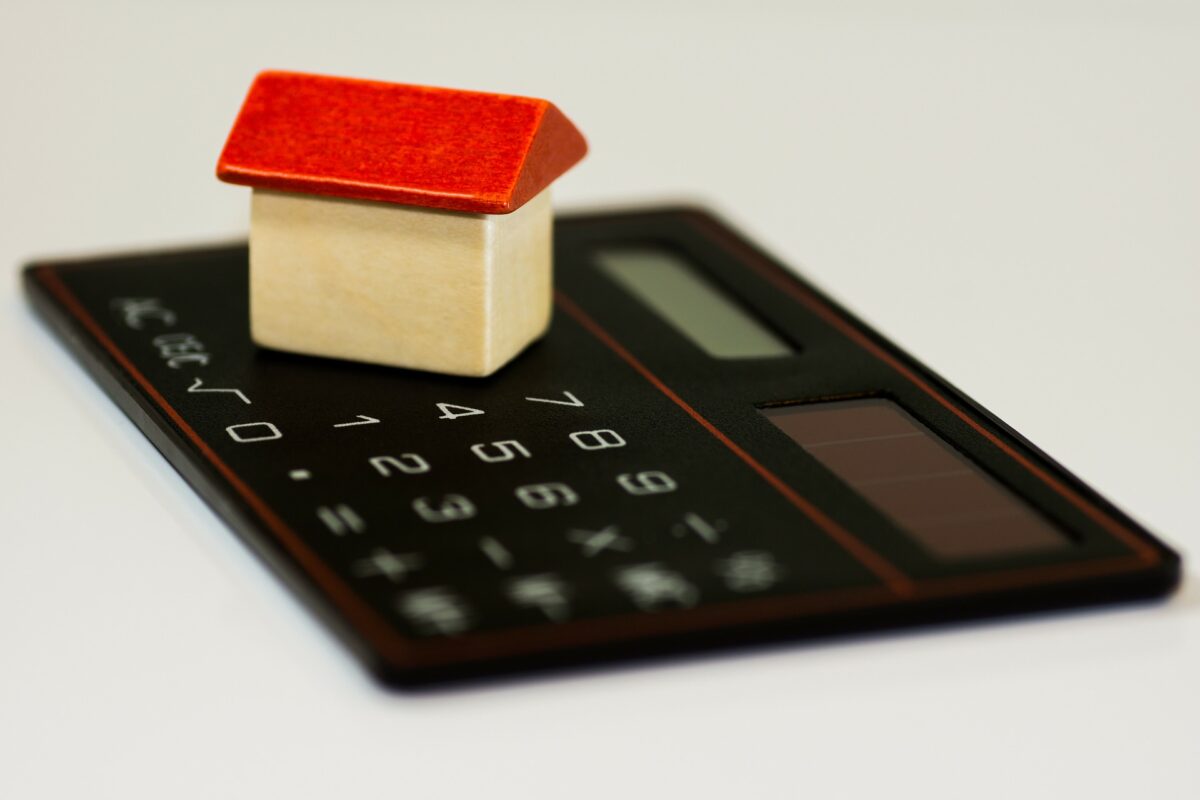When it comes to moving, the items that most people dread are the large, bulky items. Not only are they heavy, but they’re also hard to maneuver and, in cases like pianos and/or antiques, need to be handled with care. If you’ve ever tried to move these bulky items yourself, you know the challenges that come with it, as well as the potential dangers like injuring yourself. While it’s in your best interest to hire professional movers to do the actual heavy lifting, there are a few things you should do beforehand to make the job a bit easier.
Make a Fully Proven Plan for Your Move
When it comes to moving anything, it’s always good to have a plan. Yes, even if you’re hiring professional movers to do it for you. Write down a list of all your heavy and large items that you need to move, as well as where you want to put them in your new house. You don’t want to have the movers just put a heavy piece of furniture in the wrong room, as you’ll need to move it again at a later date without their help.
Floor Plan Fit Check Data Table
| Item | Item Dimensions (L × W × H) | Minimum Doorway Clearance Needed | Minimum Hallway Width Needed | Fits in New Space? (Yes/No) | % of People Who Must Leave Item Behind |
|---|---|---|---|---|---|
| Sectional Sofa (Large) | 120″ × 36″ × 34″ | 38″ | 42″ | No | 37% |
| King Bed Frame | 82″ × 76″ × 48″ | 36″ | 40″ | Yes (if disassembled) | 22% |
| Piano (Upright) | 60″ × 25″ × 48″ | 32″ | 36″ | Yes | 9% |
| Dining Table (8-Seater) | 84″ × 40″ × 30″ | 34″ | 36″ | Yes (legs removed) | 18% |
| Bookshelf (Tall) | 72″ × 30″ × 12″ | 32″ | 34″ | Yes | 12% |
| Recliner Chair | 40″ × 38″ × 42″ | 34″ | 36″ | Yes | 7% |
| Washer/Dryer (Stacked) | 29″ × 30″ × 75″ | 32″ | 34″ | No (in many older homes) | 41% |
Write up your plan a few weeks before your move. Get the floor plans for your new home and make sure they are accurate and to scale. Then, measure the bulky items you want to bring with you and create scaled-down cutouts for each item. Make sure these paper models include all the fun protrusions and weird edges or corners of the real one. After you have the paper cutouts, place them on the floor plan and figure out the best location for each item. If something doesn’t fit, don’t bother moving it with you. You might be surprised by how much you end up leaving behind! Luckily, the less you bring with you, the cheaper your move will be.
Once you know what items you’ll take with you, make some copies of the floor plan, complete with the bulky items in their appropriate place. Keep it on hand during the move so you can direct the movers. And don’t throw out the original! Keep it in a safe place. You never know when you might want to redecorate, and you’ll already have a floor plan ready!
Disassemble What You Can for Easier Moving
While many reliable New Jersey movers will do basic disassembly for you, it’s a better option for you to do it yourself. Check all of your bulky items to see if they have any removable parts. This includes the legs from your table and chairs, shelves from a bookcase, wheels from your bed frame, and so on.
Before you disassemble, make sure you have the appropriate tools on hand. In most cases, it should only be a screwdriver and/or Allen wrench. If you don’t, see if you can borrow some from a neighbor or friend. While disassembling yourself might be more time-consuming, it also means you get to save money since the movers won’t be spending time doing it themselves. Plus, you can organize the dismantled parts however you want. Your best bet, though, is to tape any legs or shelves together and put all of the screws, nuts, bolts, etc. into a baggie and tape it all to the main body of the item. Trust us, you don’t want to dig through all of your boxes or bags looking for the legs to your table!
Cost Impact Chart for Bulky Items
| Item | Extra Labor Time Added (Minutes) | Added Cost (Local Move – Est. $150/hr Truck) | Added Weight (lbs) | Cost Increase for Long-Distance (Based on Weight) |
|---|---|---|---|---|
| Sectional Sofa (Large) | 25–40 mins | $60–$100 | 180–250 lbs | $90–$140 |
| King Bed Frame | 20–30 mins | $50–$75 | 120–160 lbs | $55–$95 |
| Upright Piano | 60–90 mins | $150–$225 | 500–800 lbs | $200–$350 |
| Hot Tub / Jacuzzi | 90–120 mins | $225–$300 | 700–900 lbs | $260–$380 |
| Dining Table (8-Seater) | 15–25 mins | $40–$65 | 130–180 lbs | $65–$100 |
| Refrigerator (Full Size) | 20–30 mins | $50–$75 | 200–350 lbs | $75–$150 |
| Pool Table | 120–180 mins | $300–$450 | 600–1,000 lbs | $250–$450 |
| Washer/Dryer (Stacked) | 25–35 mins | $60–$90 | 250–320 lbs | $80–$150 |
For more complicated pieces of furniture or appliances, you might want to call a specialist. Even reputable NJ movers don’t disassemble things like Murphy beds or antiques. And if you don’t know what you’re doing, you can do more harm than good. It might cost you some extra money, but it will be worth it in the long run as you won’t have to worry about damaged items or walls.
Maintain the Highest Safety Standards While Packing
Most large items aren’t going to fit in any kind of box, but that doesn’t mean you don’t have to pack them at all. After all, you want to make sure your items get to your new house unscathed. If you hire movers, most will provide some level of protection for your furniture, such as padded blankets. While that might be enough for some things, for more delicate items, you will want to go a step further.
Glass
Like your cups and bowls, you want to treat any large pieces of glass with care when moving. For flat items, place two pieces of tape in an ‘x’ shape. This will reduce shattering as it helps keep the glass intact. If possible, wrap any glass pieces in bubble wrap and inform the moving crew of the fragile items. This includes things like large mirrors and picture frames with glass!
Artwork
If you have large pieces of artwork, you might want to consider getting specialty art boxes for it. Pack each piece separately and make sure to wrap each one with bubble wrap and fill the inside of the box with butcher paper to prevent jostling.
Mattress
If your old mattress is still in good shape, there’s no reason to toss it out. If you have a foam mattress, you can compress it to an even smaller size by putting it into a plastic vacuum bag and vacuum-sealing it. For standard mattresses, get a new mattress cover before you move to protect the mattress itself from the elements, rips, and bed bugs.
Furniture
Yes, NJ movers will have mattress pads they can use to wrap around your furniture, but you might want to wrap delicate furniture yourself. That means you’ll need to get your own furniture pads, moving blankets, and foam padding. You might want to go a step further and wrap certain items with bubble wrap for extra protection. Just make sure any plastic doesn’t come in direct contact with the wood or fabric!
Piano
Despite their heavy size, pianos are quite delicate and require extra attention when it comes to proper moving. Cover the piano keys and pedals in bubble wrap and then wrap the lid to the keys. The movers will wrap the legs and sides of the piano with moving blankets.
Hire Expert Movers for a Smooth Transition
Your best bet when moving these bulky items is to hire qualified movers. Not only will they have all the appropriate moving and packing materials, but they also have the skills and knowledge to move bulky items with ease. When finding the right mover for you, make sure to mention the large items you plan on moving. Not all companies have experience with moving things like pianos, jacuzzis, pool tables, etc., so they might refer you to someone else, which could end up costing you a lot more.
Even if you’re just moving regular furniture, you should ask what kind of equipment they use and what they provide. Most trusted NJ movers wrap your bulk items free of charge and even put down things like wall and floor protectors. Always ask the movers if they provide this service. If not, you might want to look into another option.
Ready to move? Make sure to give us a call! We have years of experience moving pretty much everything you can imagine. Not only that, but we’re experts when it comes to navigating tight corridors and doorways. We’ll give you a free quote and answer any questions you might have, so don’t wait! Contact us now!
FAQ
Does moving bulky items cost more?
It depends on your move. With local moves, you generally pay a flat hourly rate, so a bulky item won’t automatically add extra cost to your total. So long as you provide the movers with an accurate list of what you plan on moving, it won’t cost extra money. For long-distance travel, it might increase costs as movers will often charge by weight and/or volume. Your best bet is to leave as many large items behind as possible. If you do bring a piece of furniture with you, make sure to let the movers know!
The movers damaged an item. What should I do?
Your items will be covered up to $0.60/per pound per item automatically. If you notice damage to your items, take pictures of it and send it directly to your customer service representative. You will then have to go file an insurance claim, which could take a few months.
Can movers help transport a single item?
It depends on the movers. Some will provide small ticket moving services, which is great if you’re picking up a sofa or pool table from an individual. Even if the company doesn’t mention it on their website, you can always call and ask.


